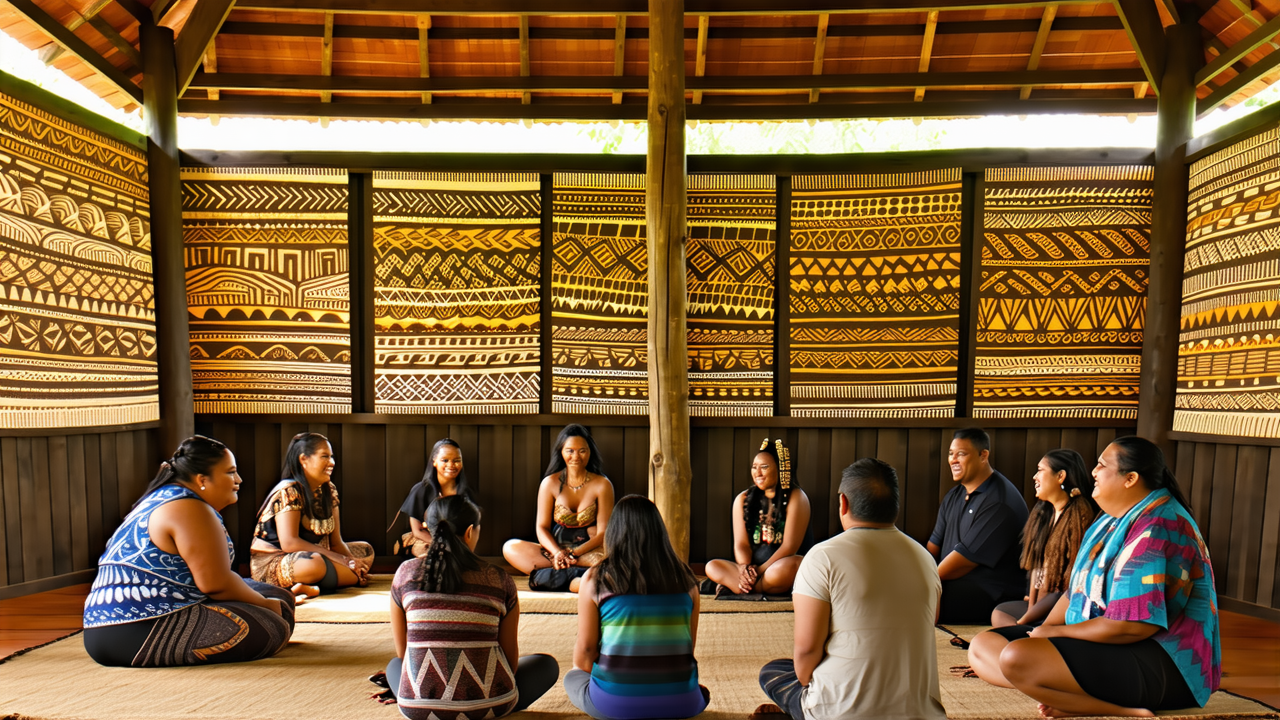New Kaupapa Māori Health Hub Opens for Young Parents in East Auckland
New Kaupapa Māori Health Hub Opens for Young Parents in East Auckland
In a significant milestone for Māori-led health services, a new kaupapa Māori health and social services hub is set to open in East Auckland this Tuesday. The initiative, named Te Whare Piringa, will provide comprehensive support for young parents and their whānau, offering a space for connection, healing, and intergenerational care.
Located on Ngāti Pāoa whenua in Glenn Innes, Te Whare Piringa marks the first of its kind in Aotearoa — an iwi-led hub designed to support not only young parents but also to help whānau reconnect across generations. The opening of this new space is the first step in a broader transformation for Ki Tua o Matariki, formerly known as E Tipu E Rea, a kaupapa Māori service dedicated to supporting young parents, infants, and wider whānau.
Rooted in te ao Māori, the hub will offer a range of services, including parenting wānanga (workshops), shared kai (food) spaces, and areas for kōrero (conversation), play, and connection between pēpi (children), mātua taiohi (young parents), and kaumātua (elders). The space is intended to be a place of healing and collective care, reflecting the traditional ways in which Māori communities have raised children — together, as a village.
Ki Tua o Matariki Chief Executive Zoe Witika-Hawke (Ngāti Hako, Ngāti Pāoa) emphasized the cultural and spiritual significance of the location, stating, "Being on Ngāti Pāoa whenua carries deep cultural and spiritual significance for us. It allows us to continue our important mahi supporting mātua taiohi and pēpi in our rohe, while also caring for our descendants on their own whenua."
The name Te Whare Piringa was gifted by the Glen Innes community and represents the vision of a space for connection and collective healing. Zoe Witika-Hawke explained, "This will bring us closer to our vision of intergenerational care and reconnect us with the traditional ways our people have always raised tamariki — together, as a village."
The transition to the new name Ki Tua o Matariki — which can be interpreted as "beyond Matariki" — signifies a renewed commitment to the future of Māori whānau. Witika-Hawke added, "Ki Tua o Matariki is about where we're heading. It reminds us that the wellbeing of our mokopuna depends on the whole pa harakeke — the strength of the village around them. That's the kaupapa guiding us, now and into the future."
As the hub opens, it represents a shift in how Māori communities are supporting whānau wellbeing. It is a space where young parents can find not only practical help but also emotional and spiritual support, reinforcing the belief that when aunties, uncles, kuia, koroua, and cousins share in care, tamariki (children) thrive.
Te Whare Piringa is more than just a building — it is a symbol of a future where Māori whānau are empowered, connected, and supported in the way they have always been: as a village, together.
